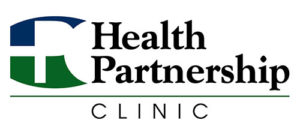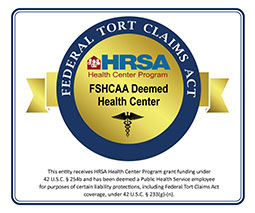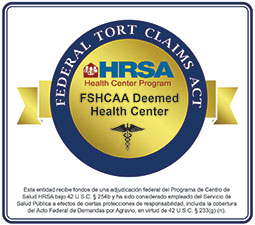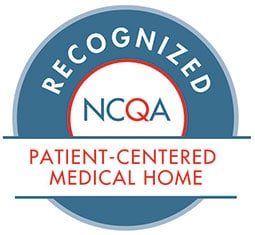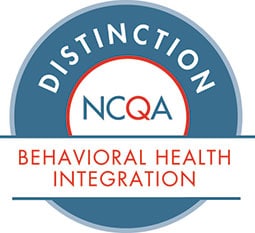Tips to Stay Safe this Fourth of July
The fourth of July holiday is often filled with lots of family fun including activities such as pool parties, barbecues, outdoor games and fireworks.
Amid the holiday festivities parents may overlook important safety precautions. By keeping a few key Fourth of July safety tips in mind, parents can help keep children safe while still enjoying the holiday fun.
Leave the Fireworks to the Experts
 The National Safety Council (NSC) advises everyone to stay away from all consumer fireworks and to only enjoy fireworks at a public display conducted by professionals.
The National Safety Council (NSC) advises everyone to stay away from all consumer fireworks and to only enjoy fireworks at a public display conducted by professionals.
A new report by the U.S. Consumer Product Safety Commission (CPSC) finds a significant upward trend in fireworks-related injuries. Between 2006 and 2021, injuries with fireworks climbed 25 percent in the U.S., according to CPSC estimates. Fireworks can result in burns, scars, disfigurement and even death. In 2021, there were an estimated 1,500 emergency department-treated injuries associated with firecrackers and 1,100 involving sparklers. At least nine people died from fireworks-related incidents in 2021.
Every year, sparklers can be found in the hands of children along parade routes and at festivals, but they are a lot more dangerous than people think. Many parents don’t realize that they burn at about 2,000 degrees-hot enough to melt some metals. Sparklers can quickly ignite clothing and many children have received severe burns from dropping sparklers on their feet.
- Families should attend community fireworks displays run by trained professionals rather than using fireworks at home.
- Be sure to stay at least 500 feet away from the show.
Be Vigilant About Water Safety
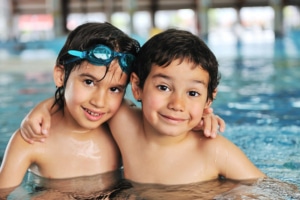 Another common fourth of July activity is swimming in pools and lakes. It is important to remember to never leave children unattended around bodies of water. According to the NSC approximately 19 children drown during the fourth of July holiday each year.
Another common fourth of July activity is swimming in pools and lakes. It is important to remember to never leave children unattended around bodies of water. According to the NSC approximately 19 children drown during the fourth of July holiday each year.
- Children should always be monitored while in the water. Adults should take turns watching the children in 15-30-minute intervals.
- Sign your children up for age-appropriate swimming lessons, but keep in mind even with swimming lessons children should still be monitored closely.
- Never use floatation devices or water wings when swimming or teaching your child to swim.
- Learn CPR and rescue techniques.
- Establish and communicate clear rules for the pool such as:
- Do not push or jump on others, no diving or running, etc.
- Children should always wear life jackets while on a boat, personal watercraft and in open bodies of water.
- Never consume alcohol when operating a boat, and always make sure everyone is wearing U.S. Coast Guard-approved life jackets.
- Sunblock, hydration and supervision are all essential water safety precautions that help keep the day fun and safe.
Barbecue Grill Safety
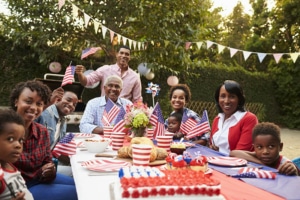 Nothing beats a barbecue with friends and family. Just remember these tips to keep everyone safe.
Nothing beats a barbecue with friends and family. Just remember these tips to keep everyone safe.
- Create a barbecue only zone. Children and pets should not come within three feet of the barbecue grill once it is turned on. Remind your children that the barbecue is just like the stove, it gets extremely hot, and they can be burned. Keep pets contained away from the grill while it is in use.
- Grill in a well-ventilated area, away from your house and deck. Every year grills and smokers cause thousands of fires, hundreds of injuries and deaths and millions of dollars in damage.
- Be prepared for an emergency by keeping a fire extinguisher and a spray bottle of water nearby.
- Use long handled barbecue utensils to keep the chef safe.
- Always follow the manufacturer’s instructions when using grills.
Protect Your Skin and Avoid Dehydration
- Limit your sun exposure between the hours of 10 a.m. and 4 p.m. and wear broad-spectrum sunscreen with a protection factor of at least 30 which will protect you from both UVA and UVB rays. Reapply sunscreen often.
- If you are swimming, you should reapply sunscreen hourly or at least every two hours.
- Drink plenty of water, even if you don’t feel thirsty. Avoid drinking beverages that are caffeinated or contain alcohol.
- Dress appropriately and wear a hat.
- During hot weather, watch for signs of heat stroke-hot, red skin; changes in consciousness; rapid, weak pulse; rapid shallow breathing. If it’s suspected someone is suffering from heat stroke:
- Call 9-1-1 and move the person to a cooler place.
- Quickly cool the body by applying cool, wet towels to the skin (or misting it with water) and fanning the person
- Watch for signs of breathing problems and make sure the airway is clear. Keep the person lying down.
Our clinic will be closed on Tuesday, July 4, 2023, in observance of Independence Day.
To schedule an appointment or learn more, call 913-648-2266.
